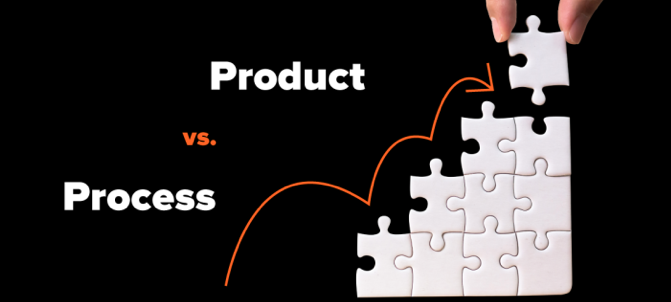
I get this question frequently, especially from people trying to break into the software development community. Should I pursue the Certified Scrum Master (CSM) or Certified Scrum Product Owner (CSPO) credentials first; either one provides a good baseline on agile / Scrum, but from vastly different angles.
As far as Scrum is concerned, both certificates are useful, but they focus different aspects of the process. Before choosing which certification to get first, let's think about your career goals, work history, and the parts you want to play in the myriad of options for a software product team. Of course, this is not limited to software teams and can apply to any realm in which agile is being practiced.
Certified Scrum Master (CSM)
A CSM is essentially the team coach within the Scrum framework, ensuring that the team adheres to Scrum values, practices, and rules. The Scrum Master facilitates the process for the organization, Product Owner, and the Scrum team, by removing impediments and fostering an environment where the team can be highly productive.
Prospects for CSM:
- Leadership Role: A CSM plays a key leadership role, ensuring that the Scrum team works synergistically and the organization is setup to foster agile thinking.
- Process Facilitator: Ideal for those who enjoy facilitating processes, mediating through obstacles, and have a knack for continuous improvement. These people want to see the team succeed over any sort of individual success accolades.
- Broad Applicability: The Scrum Master role is not limited to technology and can be applied in various sectors like finance, healthcare, marketing, and manufacturing. If work needs to get done and it involves people, Scrum can help.
- Career Advancement: Being a Scrum Master can lead to more advanced roles in Agile coaching or enterprise Agile transformation. This can even evolve into management and leadership positions in the organization.
Certified Scrum Product Owner (CSPO)
A CSPO is accountable for maximizing the value of the product resulting from the work of the Scrum team. They have a deep understanding of the product and customer needs and maintain the product backlog while ensuring that the team understands the items in the product backlog to the level needed.
Prospects for CSPO:
- Visionary Role: Ideal for those who have a clear vision of a product and enjoy working on strategy and product design at the market problem level.
- Business Acumen: It aligns well with people who have a strong business background and are interested in the commercial/internal success of the product.
- Customer-Centric: It's beneficial for those who enjoy customer interaction and market research.
- Stepping Stone: The role can be a stepping stone to broader product management responsibilities or even business leadership roles like GM, Sales, Marketing, etc...
Which to Choose First?
The decision should be informed by where you see yourself in a Scrum context:
- For Aspiring Facilitators and Coaches: If you are inclined towards facilitating team processes, coaching team members, and have a passion for mastering Scrum methodologies, then CSM would be the logical first step. It provides a strong foundation in Scrum principles and practices, focusing on team dynamics and process optimization.
- For Aspiring Product Visionaries and Managers: If you are more inclined towards understanding customer needs, product vision, and business strategy, CSPO would be a better start. This certification delves into product backlog management, product lifecycle understanding, and market research, which are key for a product owner's role.
Why the Sequence Matters
Both roles require a good understanding of Scrum, but the depth of focus varies. By choosing the certification that aligns with your natural inclinations and career aspirations, you can build a strong foundation and gain expertise that can be complemented by the other certification later on.
CSM could lead to roles that are more process and team-oriented, such as Scrum Master or Agile Coach, while CSPO might lead to roles focused on business and product success, such as Product Manager or Business Analyst. The first certification should align with the immediate career path of your choice.
Learning should be continuous and build upon previous knowledge. By starting with the certification that best aligns with your current skills and knowledge, you can deepen your understanding before branching out. Pursuing Advanced Certifications also helps to build your knowledge in each track. Investing in yourself is never a bad idea.
Enhance your career, mindset, and learn some practical ways to help your teams and organizations succeed.